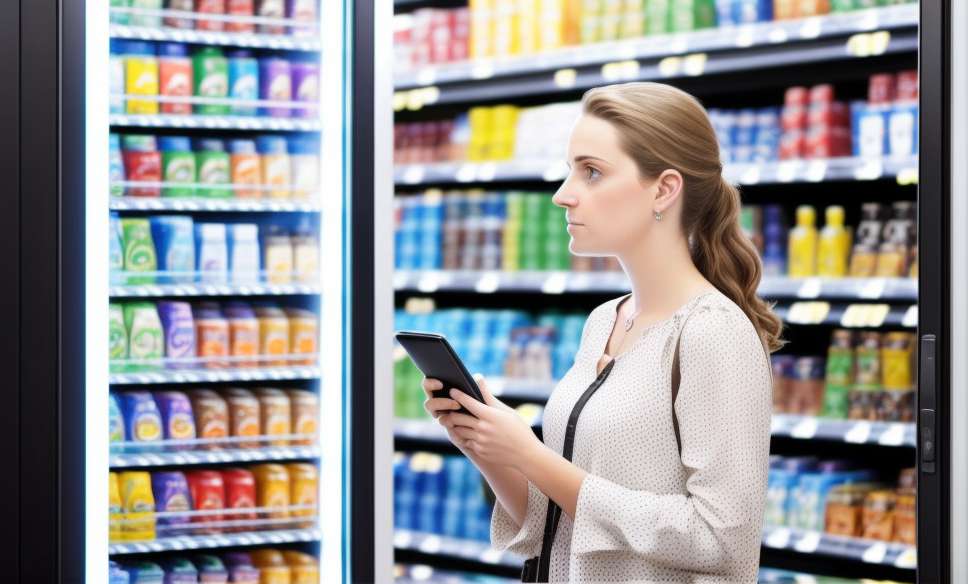Odontogeriatría to the care of the oral health
April 2024

Is there a risk when using ATMs? Touching cashier receipts can dramatically increase the body's absorption of a potentially dangerous substance: bisphenol A (BPA), according to researchers.
BPA, originally created as an estrogen supplement, has been linked to development problems of infants and children, as well as to the Cancer , obesity , diabetes and heart disease in adults, the researchers say.
You may also be interested: Contaminated cashier keyboard as a sanitary
The substance is found in many products, from plastic water bottles to the coating of food cans. It is also used as a print developer in the thermal paper of airline and store tickets and ATM receipts, according to the researchers.
"Thermal paper is normally used for ATM receipts in restaurants, which makes it likely that BPA will contaminate food from fingers and hands," said study author Julia Taylor, professor assistant to the biological sciences division of the University of Missouri .
Since BPA is an endocrine disruptor, the health risks to humans are considerable, says Taylor.
"The BPA of thermal paper can be absorbed into the blood quickly, at the levels measured in this study, many diseases such as diabetes and disorders like obesity they could increase, "says Taylor.
A similar substance used to replace BPA in thermal paper also "can pose a threat to the health of humans," he adds. "The handling [of thermal paper receipts] should be reduced to a minimum."
In addition, products commonly used for skin care seem to increase the BPA absorption rate, Taylor said.
To conduct the study, published in the online magazine PLOS One , Taylor's team had some people touch the cashier's receipts after using a hand sanitizer. The researchers took blood and urine samples.
They found that the BPA in these receipts seeped into participants' skin, greatly increasing the amount of BPA in their body. Hand sanitizer increased the rate of absorption, researchers say.
To mimic the behavior in fast food restaurants, some participants were given chips to eat with their hands after touching receipts covered with BPA. Here, too, researchers observed that BPA was rapidly absorbed into the skin.
Taylor says that since BPA is used so widely, it can be detected in the urine of more than 90% of Americans. BPA is being replaced in some cases by bisphenol S (BPS), explains Taylor.
"The change in the use of BPS manufacturers in thermal paper could be a response to public awareness of BPA and the desire to have a more acceptable substitute," says Taylor.
However, it may not be safer, he said. BPS is similar to BPA in that it also mimics estrogen, explains Taylor.
"It's also more persistent in the environment, because of these two factors alone, as a substitute, it's not an improvement over BPA," he says. "More generally, paper recycling often incorporates paper receipts, and both components end up in recycled paper products, further increasing the potential for exposure."
Steven Gilbert, director and founder of the Institute of Neurotoxicology and Neurological Disorders of the US in Seattle, says that 15 billion pounds (6.8 billion kilos) of BPA are used every year in the United States, and "go somewhere."
"We all have BPA in our body, which is an interesting example of a source of exposure to BPA," says Gilbert.
"We should be more careful with the substances that we introduce into the environment," he adds.
Steven Hentges, spokesman for the American Chemistry Council, a sector group, disagreed with the study and called it an "unrealistic" experiment. In addition, it emphasizes that BPA is safe.
"The data from the US Centers for Disease Control and Prevention (CDC) shows that the exposure of consumers to BPA (from all sources) is extremely low," he said. "The typical exposure to BPA from all sources is approximately one thousand times below the levels of consumption established by government institutions in the US, Canada and Europe."
In addition, the US Food and Drug Administration (FDA) has stated that BPA is safe for use in food containers, says Hentges. "The current perspective of the FDA is based on the review of hundreds of studies, in addition to its comprehensive research on BPA," he adds.